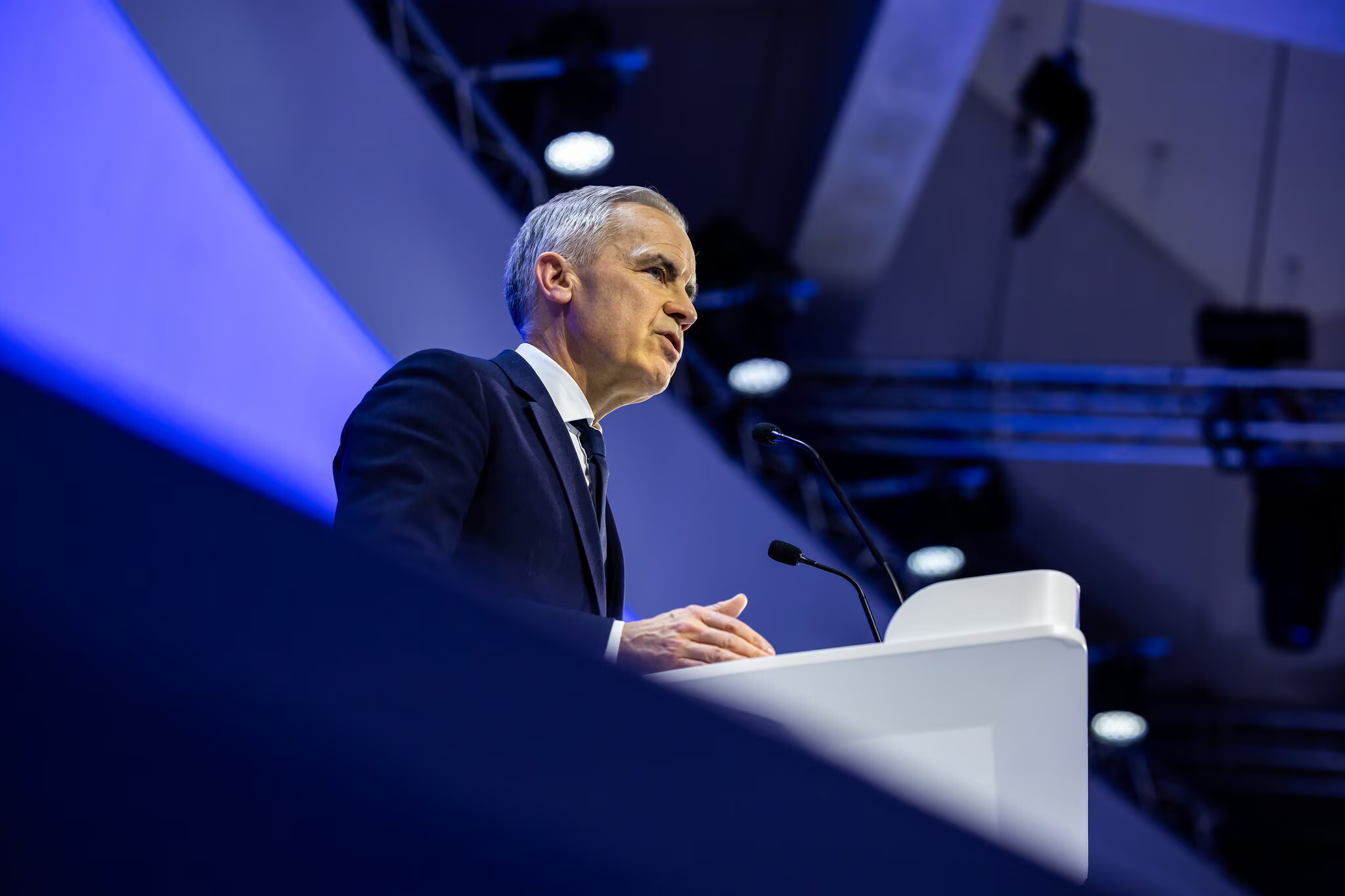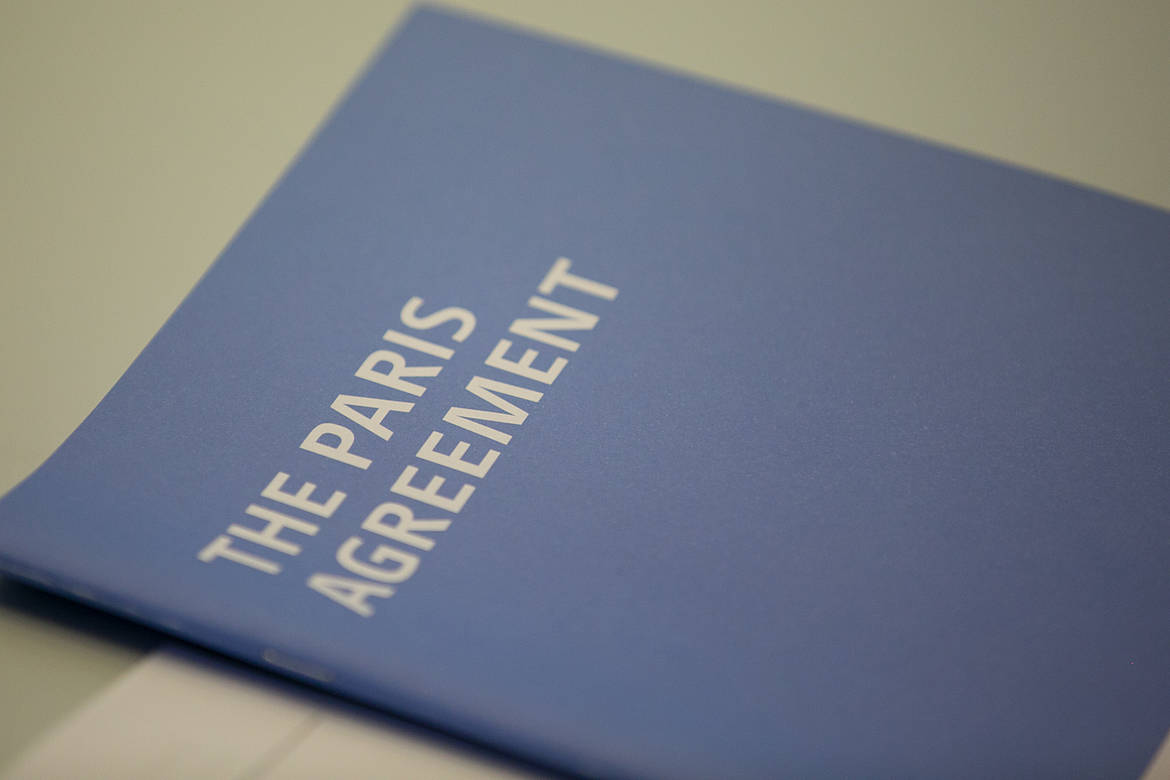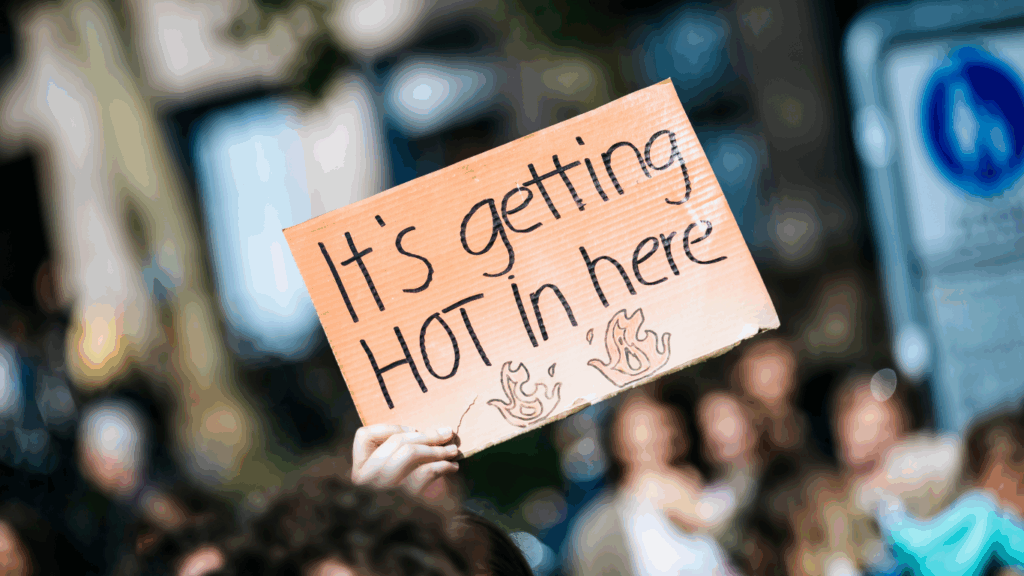While it may not have the allure of a Broadway musical, New York City Climate Week has become a magnet for a special kind of visitor. Each year, during the third week of September, thousands of government officials, CEOs, experts, and activists from around the world flock to the Big Apple for Climate Week, a vital platform for driving global awareness and action on climate change.
NYC Climate Week, running from 22 to 29 September 2024, is not just a single event but a series of hundreds, organized by The Climate Group and its partners. These include official agenda events as well as numerous panels, dialogues, receptions, and demonstrations across the city, hosted by countries, companies, and NGOs.
The first NYC Climate Week was held in 2009, initially as a prelude to the Copenhagen climate summit (COP15), which unfortunately fell short of expectations. However, Climate Week gained importance over the years, contributing significantly to the momentum that led to the Paris Agreement at COP21 in 2015.
Taking place alongside the UN-convened Summit of the Future and the General Assembly’s High-level debate, where global leaders discuss pressing issues like climate change, peace, and sustainable development, Climate Week is crucial in fostering dialogue and ambition outside the formal UNFCCC process.
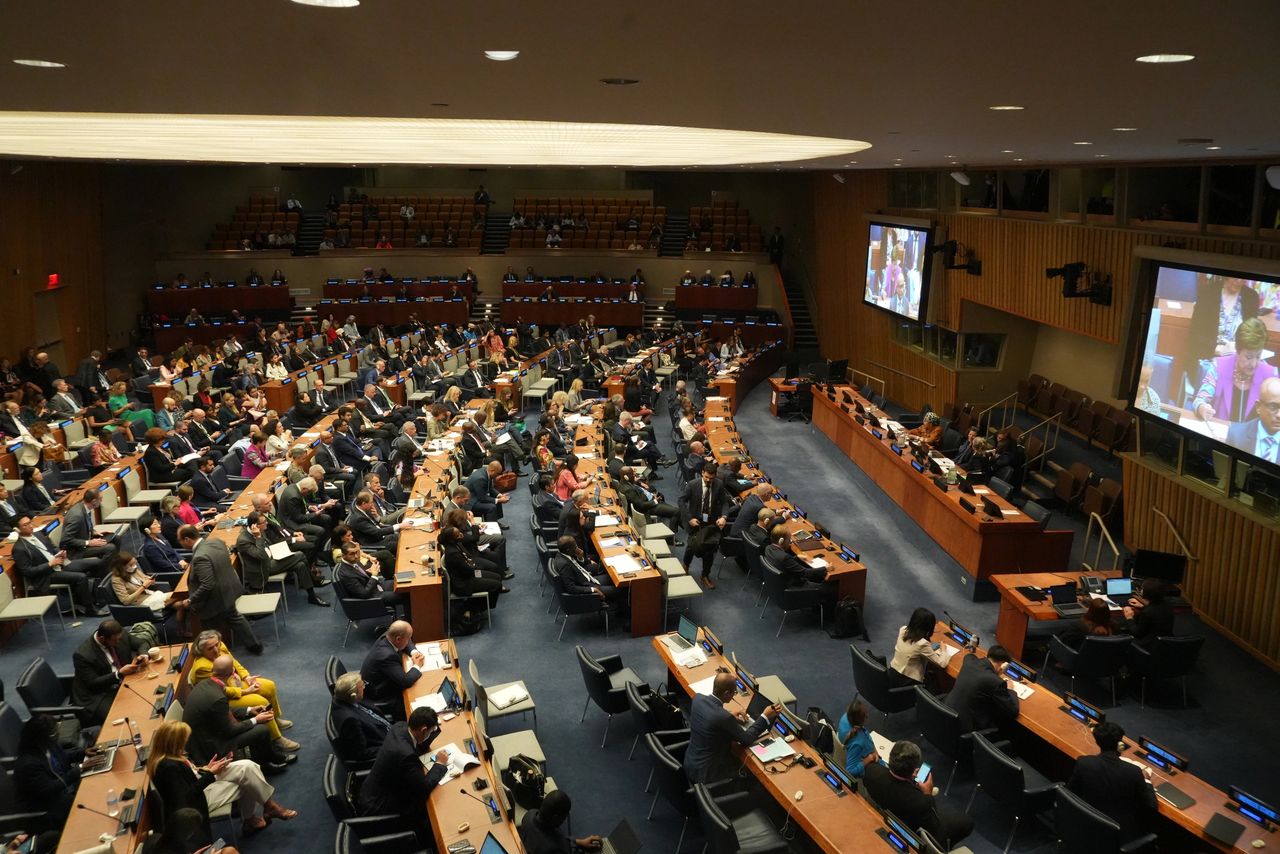
NYC Climate Week: A Platform to Drive Ambition
NYC Climate Week has become a key forum for encouraging ambitious climate policies and commitments. Governments and businesses often use this platform to announce new goals, such as net-zero emissions targets, renewable energy investments, and fossil fuel divestment. It also provides civil society with a stage to demand greater accountability and action from those in power.
The week is essential for raising public awareness, with extensive media coverage helping to educate the public on the realities of climate change and the solutions available. By engaging a wide audience, Climate Week fosters a global consciousness about environmental stewardship and the need for immediate action.
NDCs 3.0: The Clock is Ticking
As participants gather for Climate Week and the UN meetings, these events serve as critical platforms for international alignment ahead of COP29 in Azerbaijan and COP30 in Brazil. Countries must present their new national climate plans (NDCs) under the Paris Agreement by 10 February 2025, and the discussions in New York are expected to catalyze these efforts.
Much will be discussed and hopefully announced in New York ahead of NDCs 3.0. Stay tuned!
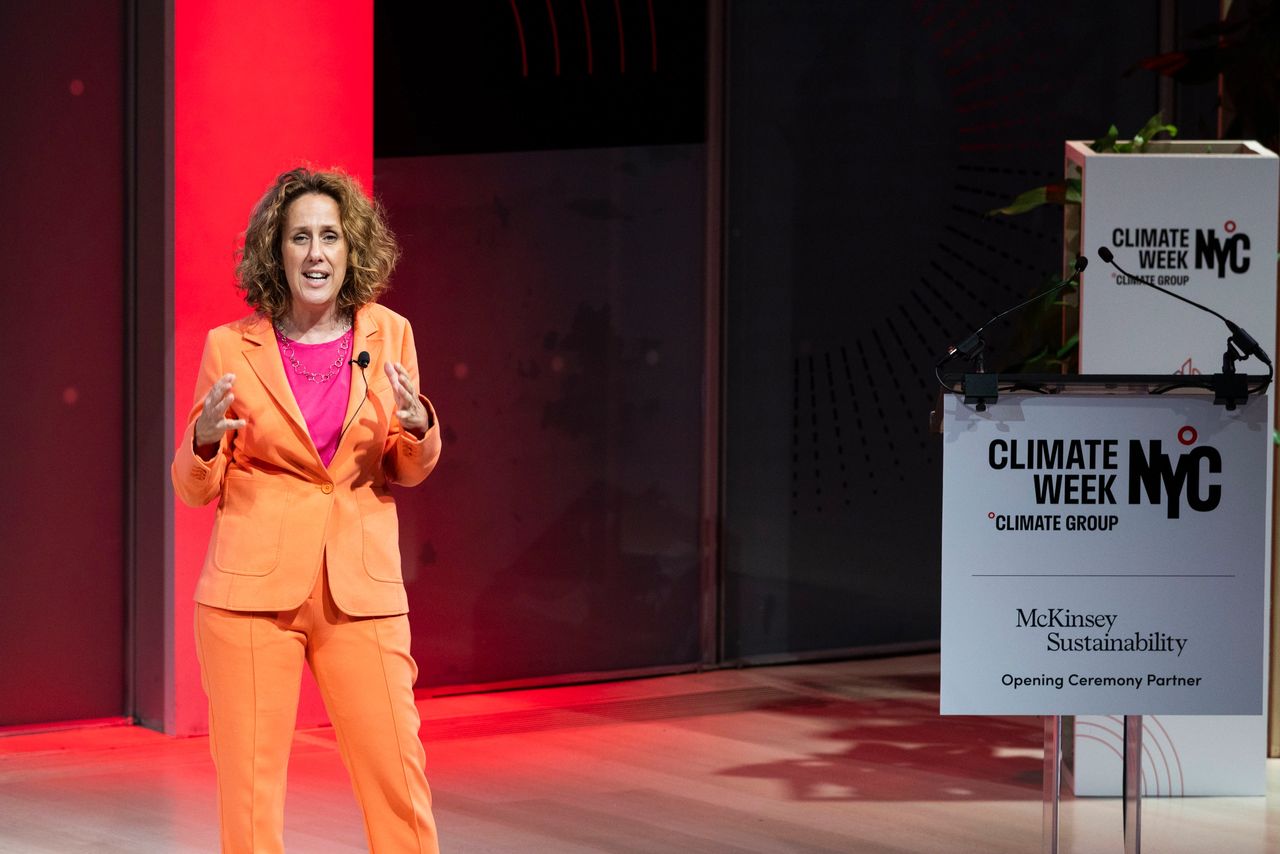
It’s Time
This year’s theme, “It’s Time,” underscores the urgent need to accelerate climate action. With over 600 events, the program focuses on crucial themes like decarbonization, climate finance, resilience, and biodiversity. These areas address key challenges in combating climate change, from reducing greenhouse gas emissions to protecting ecosystems.
Inclusivity is a notable feature of NYC Climate Week 2024, with events designed to amplify the voices of young activists and marginalized communities. On 20 September, Fridays For Future will lead a Global Youth Climate Strike, urging leaders to abandon fossil fuels.
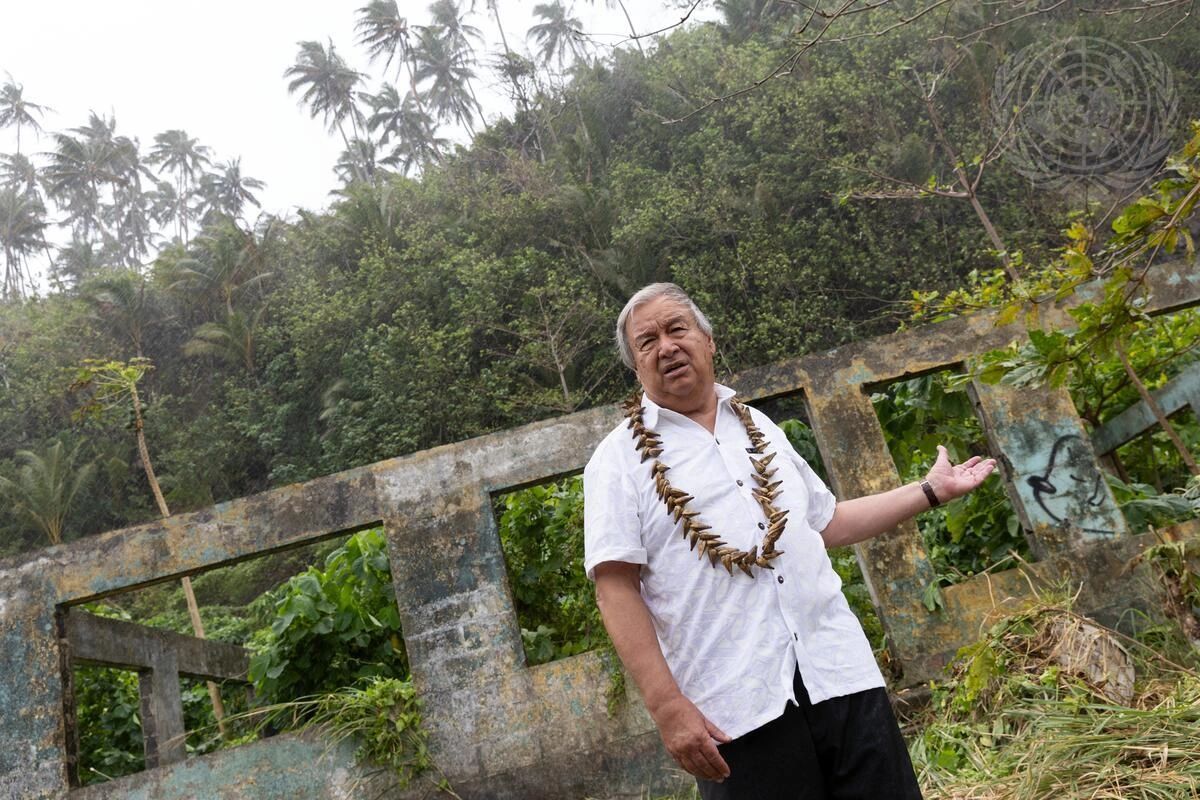
Sea Levels Rise in New York City, Too
As NYC Climate Week unfolds, the urgency of the climate crisis is starkly highlighted by UN Secretary-General António Guterres. Speaking from Tonga, a Pacific island nation over 12,000 kilometers from New York City, Guterres delivered a dire warning: global sea levels are rising at rates unseen in the past 3,000 years. This crisis, he emphasized, is entirely of our own making, but with urgent action, the worst effects can still be prevented.
The latest WMO’s State of the Climate report underscores that sea-level rise threatens coastal communities worldwide, with small island nations and densely populated areas like New York City at greatest risk. By 2100, sea levels could rise by up to one meter if current trends continue, leading to severe flooding, the displacement of millions, and the loss of crucial ecosystems.
This looming threat is not just a concern for distant islands but for major global cities like New York, Shanghai, and Rio de Janeiro. As leaders gather in New York for Climate Week, Guterres’ words from Tonga should resonate deeply. The hope is that those attending will heed his call and use their power to shift from business as usual to bold, decisive climate action.
Time is running out to rewrite this unfolding story—but with concerted effort, there’s still a chance to transform this crisis from a looming tragedy into a hopeful, triumphant finale worthy of the Broadway stage.


